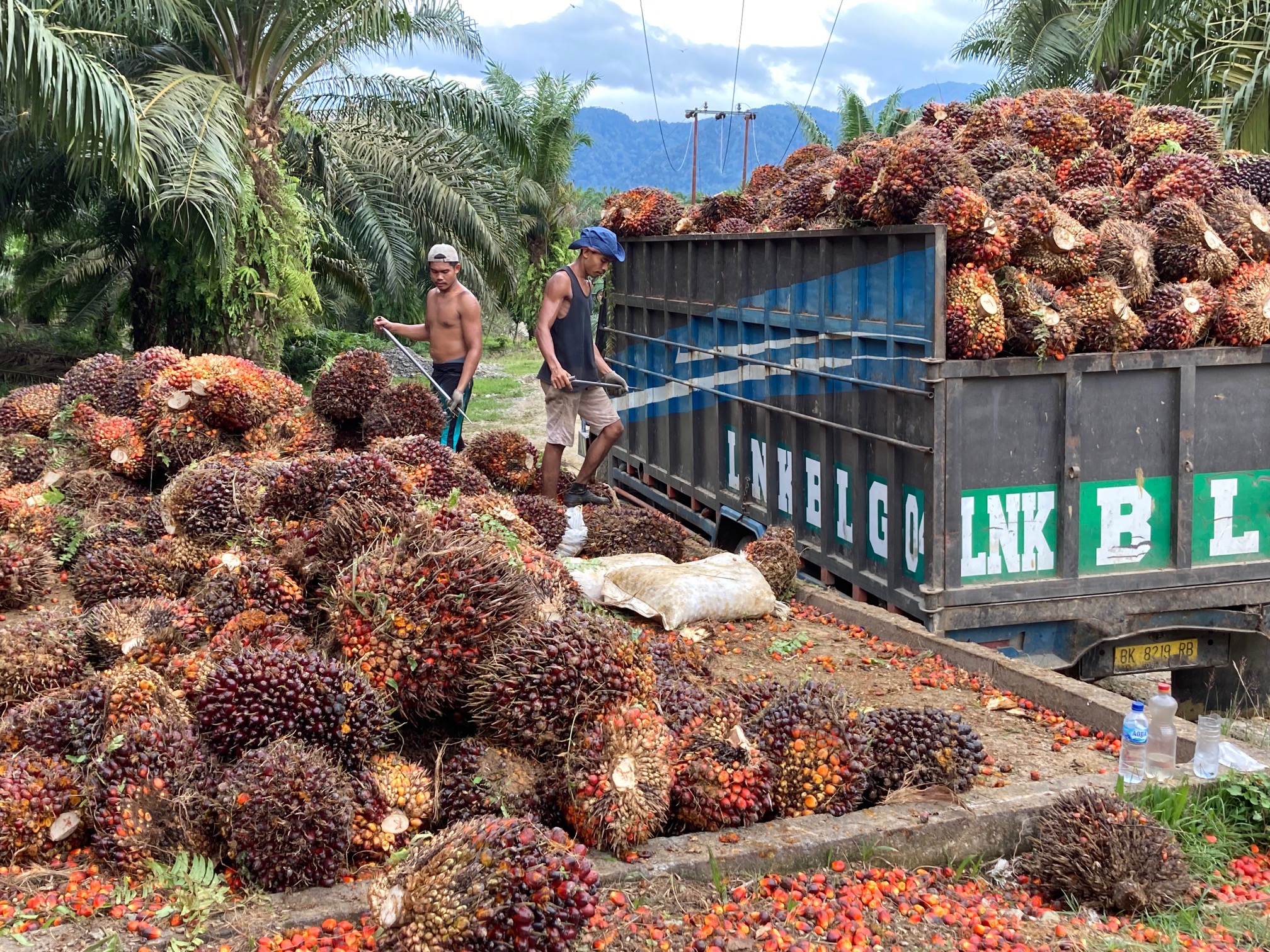sThe Financial Times has reported a delay to trade negotiations between the EU and Indonesia and Malaysia, two of the biggest palm oil producing countries, due to the potential impacts on their small producers of the EU's forthcoming regulation on deforestation.
The Deforestation Regulation, the text of which has been agreed amongst the EU institutions, is expected to become law in the next few months. It will require EU-importers and traders of palm oil products to undertake extensive due diligence in order to ensure that the plots of land on which the oil palms grew have not been converted from natural forests.
Although the new rules will apply equally whether the seven commodities in its scope are sourced from inside or outside the EU bloc, the reality is that many of them (coffee, oil palm, cocoa, soy and rubber) are predominantly grown overseas. The remaining two are timber and cattle of which there is of course some EU production.
At one time or other most oil plantations would likely have been created by felling native forests. However, research cited by the FT reports that this has significantly decreased. I have also seen first-hand how new oil palms are planted where older palms have been left to decompose at the end of their productive life to avoid cutting into fresh forest.
Oil palm cultivation and harvesting is however not necessarily done directly by the palm oil processing companies, but by small farmers individually or in co-operatives. The fruits are cut down and left by the individual farmers at the roadside for collection and transportation to factories where the oil is extracted.

The EU regulation requires traceability of palm oil (and other in scope) consignments back to individual geographically located plots and verifiable assurances to be provided that such plots were not converted from forest cut down after 31 December 2020. So, historic forest felling before that date to create the farmer's plot won't disqualify oil produced from his trees from entry to the EU market. Indonesia and Malaysia are raising concerns about the burden of paperwork that compliance with the new rules entails for their small producers, when added to other existing EU requirements.
There are also plainly difficulties for EU buyers and supply chain intermediaries in monitoring the reliability of the assurances they are receiving from suppliers. The Regulation allows EU operators and traders to submit as part of their evidence of compliance copies of certifications received from third parties. But whilst this may assist it will not absolve the importer or trader of the need to do its own risk assessment. Malaysia and Indonesia appear to be arguing instead that their certification schemes ought to be sufficient to satisfy the due diligence requirements.
The full impacts of the new EU regime for all sides are perhaps yet to be realised and we expect to see growing interest in coming months in how to comply.

/Passle/5db069e28cb62309f866c3ee/MediaLibrary/Images/2025-06-30-18-20-05-882-6862d555bf3898129ef17194.jpg)
/Passle/5db069e28cb62309f866c3ee/MediaLibrary/Images/2025-09-08-14-53-13-586-68beedd97356a10e44369bc6.jpg)
/Passle/5db069e28cb62309f866c3ee/SearchServiceImages/2025-10-02-06-19-39-265-68de197b5559c36f4b84cd2d.jpg)
/Passle/5db069e28cb62309f866c3ee/SearchServiceImages/2025-10-08-03-36-10-086-68e5dc2a7507996aa45ecd1e.jpg)
/Passle/5db069e28cb62309f866c3ee/SearchServiceImages/2025-11-03-10-38-22-006-6908861e77071314c24752ff.jpg)